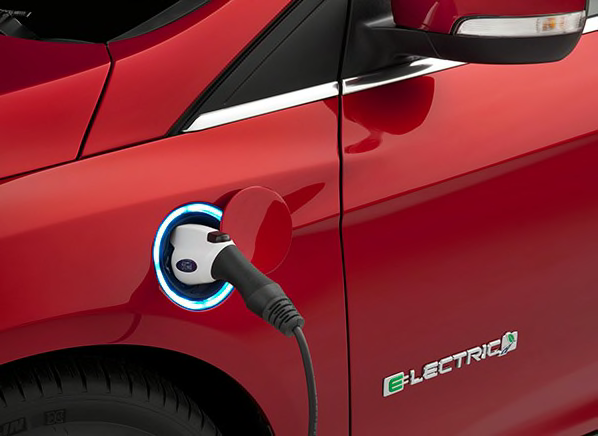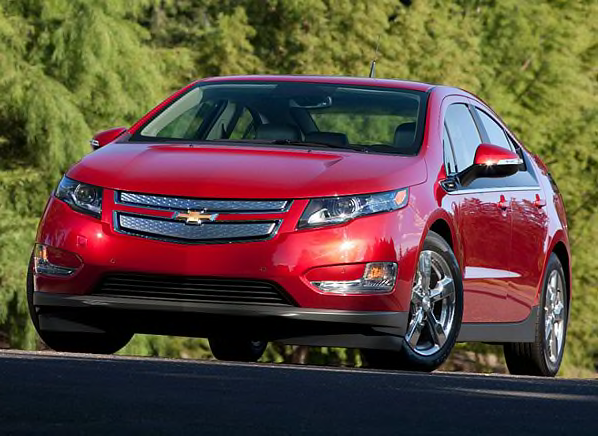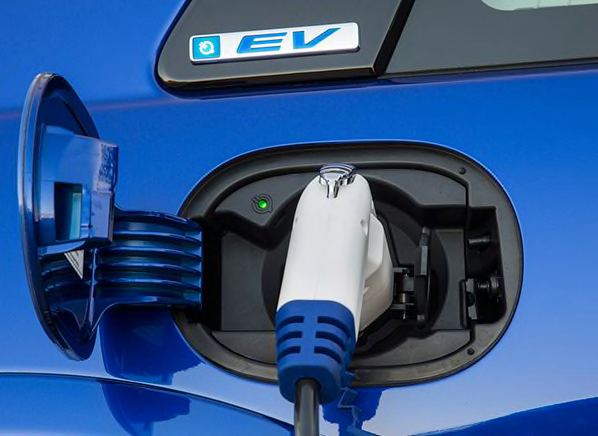Overall, many dealership salespeople were not as knowledgeable about electric cars as you might expect. While we discovered several very knowledgeable salespeople at some dealerships, few provided accurate and specific answers about battery life and battery warranties. And many seemed not to have a good understanding of electric-car tax breaks and other incentives or of charging needs and costs. Many also didn't seem to recognize that for people who intend to go with an electric car, the reasons for leasing are broader than for ordinary cars, including that you don't have to wait until tax time to receive a generous tax incentive.
We also found a strong correlation between the salesperson's knowledge about electric cars and their propensity to encourage people to buy them. When it came to answering basic questions, we found that salespeople at Chevrolet, Ford, and Nissan dealerships tended to be better informed than those at Honda and Toyota, with a notable distinction between Chevrolet and Toyota. This jibes with what we've found in talking to other representatives from these automakers. Ford, General Motors, and Nissan have made significant investments in plug-in vehicles, while they seem to be an afterthought in the Honda and Toyota lineups, and seem to lack corporate support. Rather than emphasize plug-ins, Honda and Toyota have been focusing their efforts on developing fuel-cell vehicles.
Toyota salespeople, especially, were more likely to discourage the sale of plug-in models and less likely to give accurate or specific answers to basic questions about electric cars or to say they didn't know.
For example, when asked about the battery warranty and how long the electric-car battery would last, one salesperson at Culver City Toyota in California said the Prius Plug-in required a battery replacement "every couple of years." Perhaps they were referring to the car's standard 12-volt starter battery, which our surveys have shown require more frequent replacement than in other cars.
A sales manager at Manhattan Ford in New York City, the only Ford dealership actually owned by the automaker, at first denied there was a Focus EV, and then said it couldn't be leased. Both statements are incorrect.
When asked about a Prius Plug-in, a salesperson at Star Toyota Scion of Bayside, N.Y., would not even show our shopper the car, despite having one in stock.
Most of the Toyota dealerships we visited recommended against buying a Prius Plug-in and suggested buying a standard Prius hybrid instead. That may just be good advice: In our own tests, we found the Prius Plug-in offered a scant mileage advantage over the standard Prius at a huge additional cost. (We also spoke to a couple of Toyota dealers about buying a RAV4 EV, but the results were mixed and not significant.)
Not surprising, our shoppers also judged dealers with no electric cars on the lot to have less knowledge of EVs than those with a greater selection.
Relatively few dealers had a large selection of plug-in cars. Most had only one or two plug-in vehicles on hand. Only 15 of the 85 dealers we surveyed had more than 10 vehicles on-hand. This severely limited the number of colors and trims available.
Salespeople who had few electrics to choose from generally fell into two opposite camps when asked why. The most common answers, given by 21 dealerships, were that the cars were very popular or sold out. The next most common answers were "lack of consumer interest" and "nobody buys them." A middle camp said it was because automakers don't build very many or that electric cars are new technology.
California dealers were likely to have more cars on the lot than average, and Maryland and New York dealers had fewer. Honda dealers had fewer cars on the lot than other dealers.
Overall, our secret shoppers reported that only 13 dealers "discouraged sale of EV," with seven of them being in New York. Most of those stores had little to no inventory. However, at 35 of the 85 dealerships they visited, our shoppers said salespeople recommended buying a gas-powered car instead. Besides the standard Prius, a few of these cases seemed like reasonable advice. For example, one salesperson suggested a Nissan SUV instead of a Leaf when our shopper told him she had a commute that would stretch the Leaf's range.
In the end, most salespeople seemed to have the consumer's interest at heart, though a few were clearly not interested selling a plug-in car they knew little about. Still, even at the least knowledgeable dealership visited for this project, our secret shopper said they felt positive about the experience overall.
If you're shopping for a plug-in car—or any car, for that matter—do your homework and don't rely on the dealership for education about this intriguing technology. Instead, use the visit for hands-on experience necessary to make the best buying decision.
—Eric Evarts
























